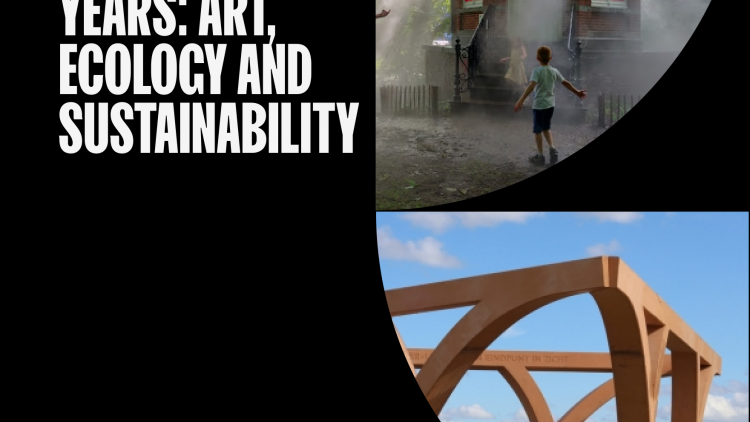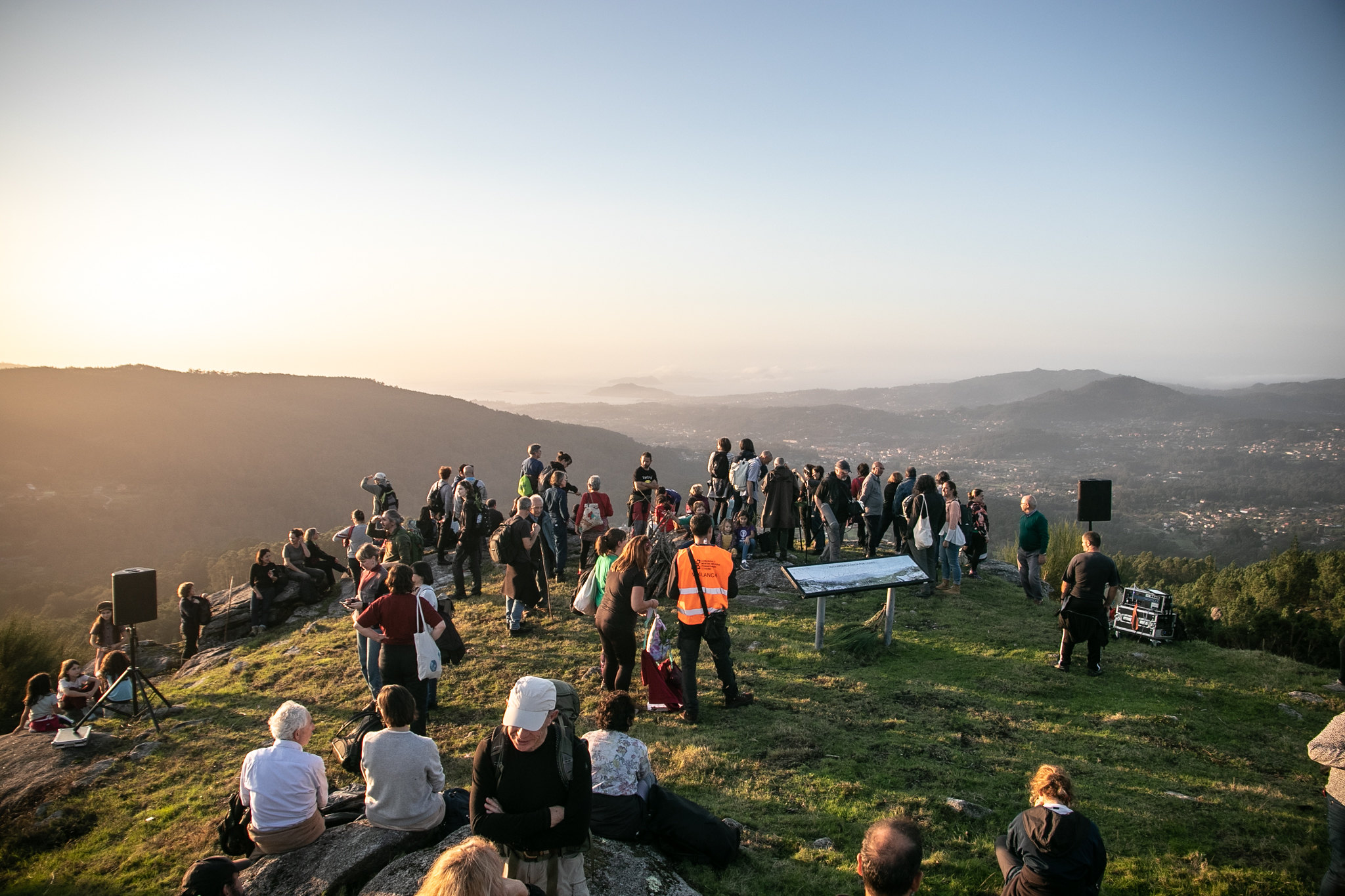seminar 30 million years: art, ecology and sustainability in Antwerp

The seminar will address questions regarding artwork durability and meaningfulness as well as art production sustainability
The starting point for the seminar 30 million years: art, ecology and sustainability at the Museum of Contemporary Art in Antwerp is the Green Art Commissioning Toolkit, created as part of the Creative Project ALILASUS, a project that, in the context of sustainability and ecology, brings together three initiatives in Spain, Belgium and France that seek to provide artistic solutions to ecological issues. This toolkit helps to clarify the role of ecology and sustainability in the making and commissioning of artworks.
How can contemporary artworks, invited by people to be part of their community, remain meaningful and increase their durability? How do art production sites change their material and conceptual patterns and habits to meet the challenges of sustainability? During the seminar 30 million years: art, ecology and sustainability, these questions will be addressed on the basis of the green art commissioning toolkit. Art professionals, artists, academics, students, government agencies and citizens are invited to participate in the discussion. The seminar will be held in English and features keynote lectures by Nathalie Blanc, Pascal Gielen, Roel Arkesteijn and Nicola Setari. It is organized by de Nieuwe opdrachtgevers on Thursday November 7, 2024 at M HKA in Antwerp.

This seminar is part of the European project 'Art Living Lab for Sustainability', financed by the 'Creative Europe' program of the European Union, whose challenge is to meet three community management mechanisms: that of the mountain with 'Tierra Común' (Monte Neighborhood of Couso, Galicia, Spain); clay with 'Clay Commons' (Boom, Flanders, Belgium); and water with 'Water Commons' (Alto Jura Regional Natural Park, France), through participatory processes in these territories, which will result in three works of art that respond to the needs of these communities and territories
